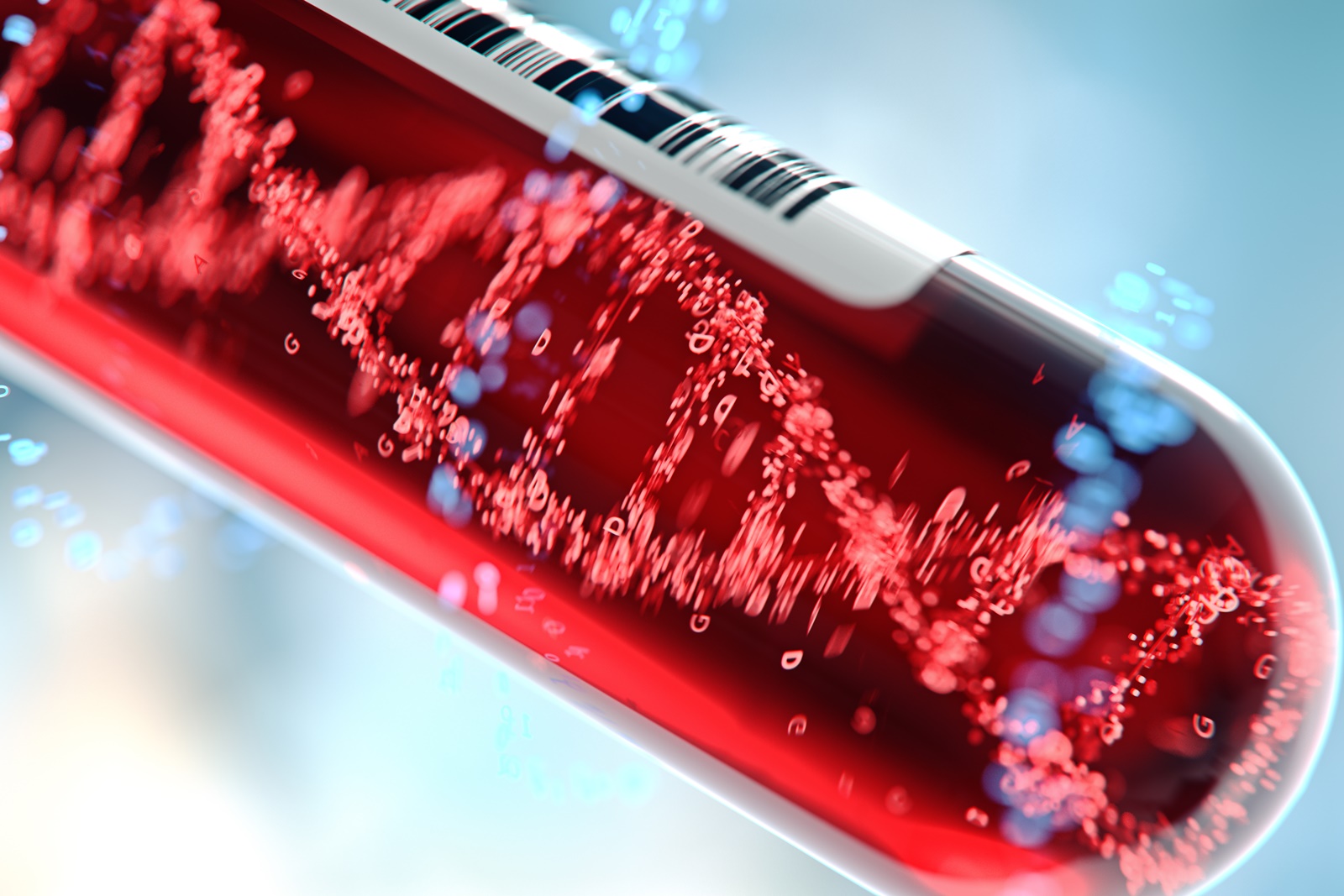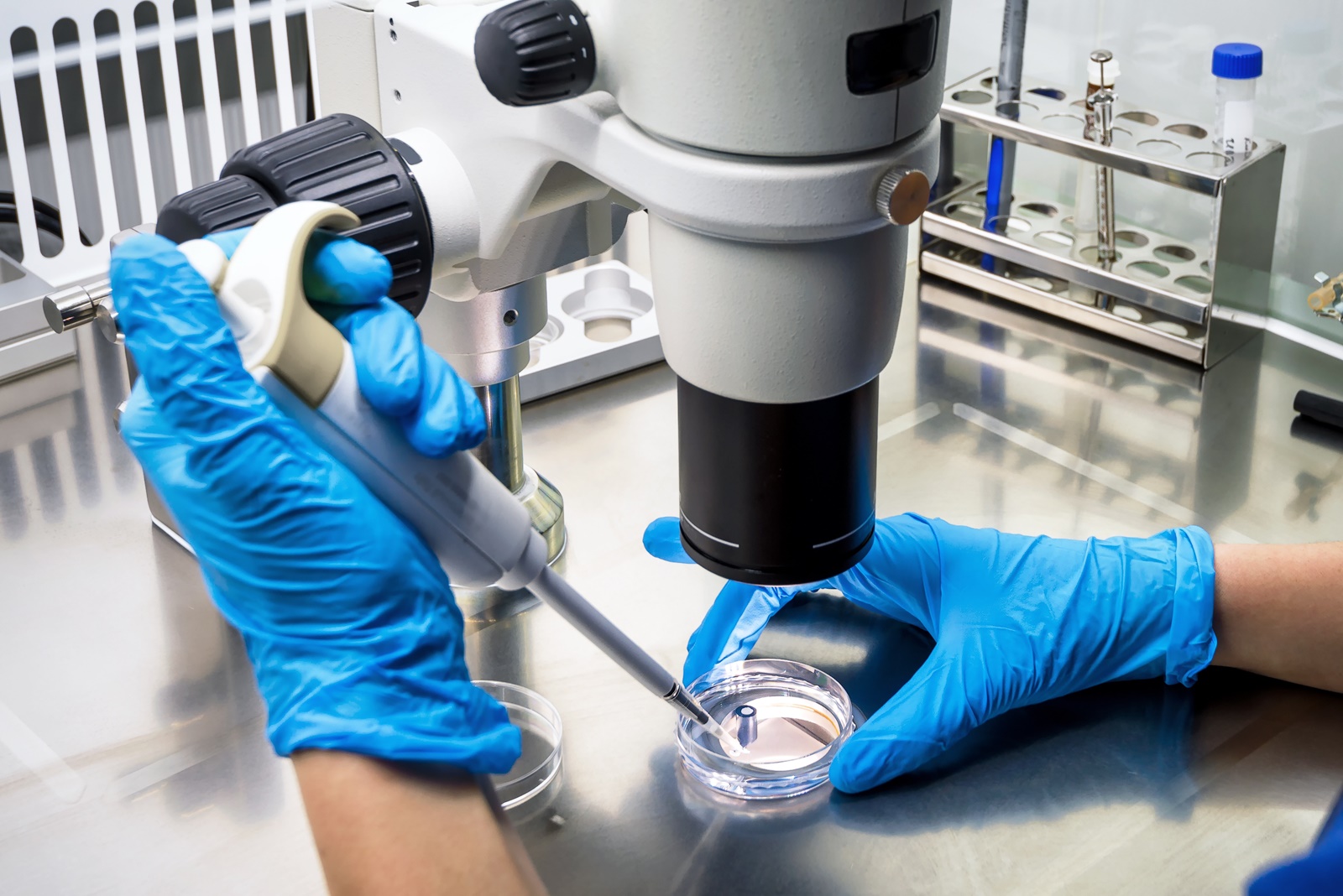What is Cancer Genetic Testing
Genetic testing can be used to determine if someone has a change in their genes (mutation) that make them more likely to develop certain cancers.
Some mutations are hereditary. Sometimes, a mutation might occur for the first time in someone, and be passed on to their children
Every person’s genetic risk is unique and our team of doctors and oncologists can help you decide what genetic test is right for you.



What Are the Benefits of Cancer Genetic Testing?
Benefits and roles of genetic testing for people already diagnosed with cancer include:
-
Providing an explanation for your personal or family history of cancer
-
evaluating your risk of developing future cancers
-
It can help people already diagnosed with cancer understand their risk for other cancers.
-
It can help family members who have not had cancer better understand their risk for cancer and identify other at-risk relatives for whom genetic testing is recommended
Genetic testing may be appropriate if you have:
-
3 or more individuals on the same side of your family with cancers that may suggest an inherited cancer syndrome, such as colon, rectal, stomach, thyroid, uterine, ovarian, or pancreatic cancer
-
Breast cancer diagnosed before age 50
-
Colorectal cancer diagnosed before age 50
-
Ovarian cancer
-
Male breast cancer
-
Bilateral breast cancer or two separate breast cancer diagnoses
-
Breast cancer in two or more close relatives on the same side of your family
-
A close blood relative with breast cancer
-
A known familial genetic variant in a breast cancer susceptibility gene
How is Cancer Genetic Testing Administered?
A genetic test involves giving a blood, cheek swab, or saliva sample that can be analyzed to pick up any abnormalities in your genes.
At HOC, Cancer Treatment is Done in the Privacy and Harmony of our Center





